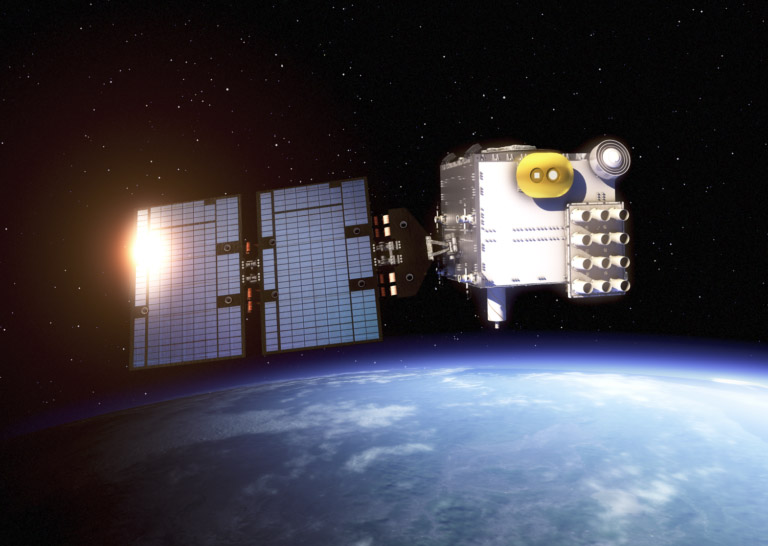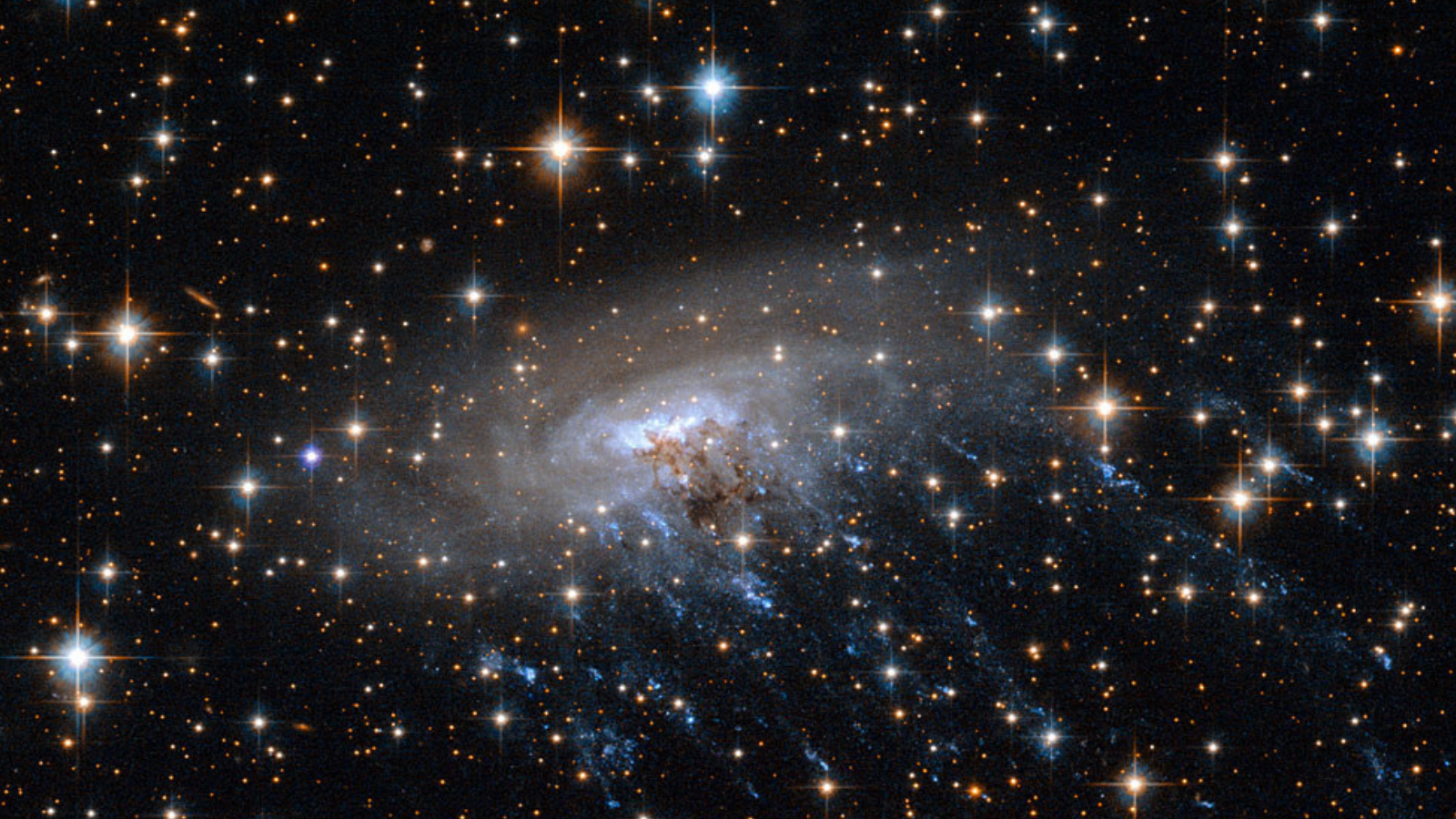NOAA Hurricane-Tracking Satellites to Launch on SpaceX Falcon Heavy Next Week
Breaking space news, the latest updates on rocket launches, skywatching events and more!
You are now subscribed
Your newsletter sign-up was successful
Want to add more newsletters?

Delivered daily
Daily Newsletter
Breaking space news, the latest updates on rocket launches, skywatching events and more!

Once a month
Watch This Space
Sign up to our monthly entertainment newsletter to keep up with all our coverage of the latest sci-fi and space movies, tv shows, games and books.

Once a week
Night Sky This Week
Discover this week's must-see night sky events, moon phases, and stunning astrophotos. Sign up for our skywatching newsletter and explore the universe with us!

Twice a month
Strange New Words
Space.com's Sci-Fi Reader's Club. Read a sci-fi short story every month and join a virtual community of fellow science fiction fans!
Update, June 24 at 9:20 p.m. EDT: SpaceX has announced they are now targeting a 2:30 a.m. EDT (0630 GMT) launch time, three hours into their original launch window.
This year's Atlantic hurricane season has been quiet to date, but meteorologists always know that could change — and soon they'll have a new tool for improving forecasts of how these severe storms will behave.
That tool is a mission called the Constellation Observing System for Meteorology, Ionosphere, and Climate-2, or COSMIC-2, a suite of six satellites being developed under the aegis of the National Oceanic and Atmospheric Administration (NOAA). The mission will launch on a SpaceX Falcon Heavy rocket on Monday (June 24) during a launch window that opens at 11:30 p.m. EDT (0330 June 25 GMT).
"It really allows us to enhance our predictive capabilities for hurricane systems," Elsayed Talaat, director of the Office of Projects, Planning and Analysis for NOAA's Satellite and Information Service, said during a media call. "We want to be able to forecast these systems more accurately to be able to better mitigate the severe impact that storms like Harvey, Maria, Irma, Florence and Michael have had on the U.S. in the past two years alone."
Related: Hurricane Florence in Photos: See the Massive Storm from Space
The six COSMIC-2 satellites are each about the size of a kitchen stove and cost NOAA a total of about $75 million, Talaat said. (The U.S. Air Force and Taiwan are partners on the project as well.) Once the satellites launch, the operations team will spend about seven months testing them before the mission officially becomes active.
But once it does, COSMIC-2 will offer meteorologists data about air temperature, pressure and humidity in the equatorial region of Earth — precisely where hurricanes and tropical storm systems form. The new mission will provide particularly detailed information about how those characteristics change at different altitudes.
Breaking space news, the latest updates on rocket launches, skywatching events and more!
To do so, the spacecraft will use a technique called radio occultation. The COSMIC-2 orbiters are tuned to pick up signals produced by GPS satellites. But the atmosphere distorts these signals as they travel toward Earth. COSMIC-2 orbits at a lower altitude than GPS satellites and can measure the signal distortion caused by the intervening atmosphere.
That data combined with measurements taken by a host of other weather satellites will help scientists understand what's going on in Earth's atmosphere. The six COSMIC-2 satellites all orbit the equator, offering a detailed look at atmospheric characteristics between 40 degrees north and south of the equator.
That's why the mission interests hurricane experts — tropical storms form in this region, feeding off the warm waters over the equator. Gathering better data about the moisture content of the atmosphere at different altitudes in this region will improve scientists' ability to vet and improve their models.
In the long run, the better the models are the better forecasts will be, which means that meteorologists hope the COSMIC-2 mission will help them spot burgeoning hurricanes earlier. The mission may also improve meteorologists' predictions of what direction storms will move in, although scientists need to see the satellites' data before they know how much of a boost the data will offer, Daryl Kleist, a physical scientist at NOAA's Environmental Modeling Center, said during a news call.
"While we can't escape the weather, if we know what's coming we can prepare for it," he said.
Visit Space.com on Monday (June 24) for complete coverage of the Falcon Heavy launch.
- Hurricane Florence Is a 'No-Kidding Nightmare' in These New Astronaut Photos
- Huge Hurricane Florence Looms Large in New Views from Space (Video)
- Hurricane Florence Looks Like a Giant Cotton Ball in This Astronaut Photo from Space
Email Meghan Bartels at mbartels@space.com or follow her @meghanbartels. Follow us on Twitter @Spacedotcom and on Facebook.

Meghan is a senior writer at Space.com and has more than five years' experience as a science journalist based in New York City. She joined Space.com in July 2018, with previous writing published in outlets including Newsweek and Audubon. Meghan earned an MA in science journalism from New York University and a BA in classics from Georgetown University, and in her free time she enjoys reading and visiting museums. Follow her on Twitter at @meghanbartels.

